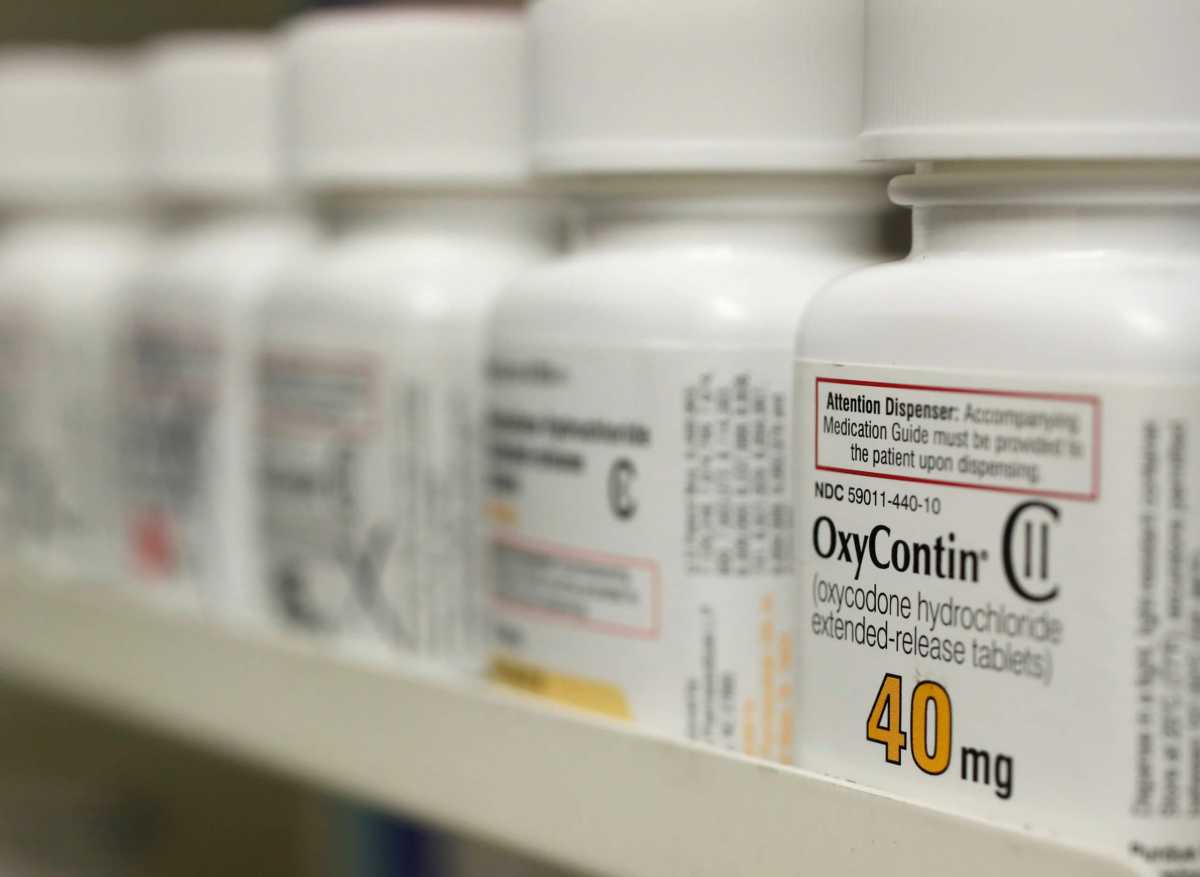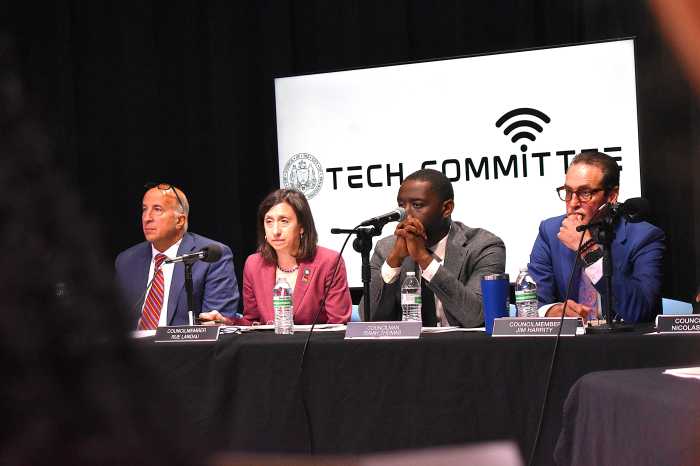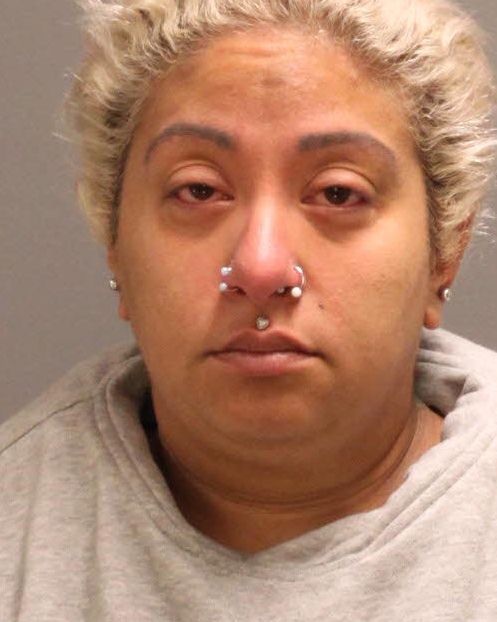Purdue Pharma LP, the OxyContin maker controlled by members of the wealthy Sackler family, is nearing an agreement to plead guilty to criminal charges as part of a broader deal to resolve U.S. Justice Department probes into its alleged role in fueling the nation’s opioid crisis, six people familiar with the matter said.
Purdue lawyers and federal prosecutors are brokering a plea deal that could be unveiled as soon as within the next two weeks and include billions of dollars of financial penalties, four of the people said. They stressed that talks are fluid and that some of the terms could change as discussions continue.
In addition to the criminal case, U.S. prosecutors are negotiating a settlement of civil claims also carrying a financial penalty that allege unlawful conduct in Purdue’s handling of prescription painkillers, they said.
The Stamford, Connecticut-based company is expected to face penalties exceeding $8 billion. They consist of a roughly $3.54 billion criminal fine, $2 billion criminal forfeiture and $2.8 billion civil penalty, some of the people familiar with the negotiations said.
They are unlikely to be paid in the near term as the criminal fine and civil penalty are expected to be considered alongside other claims in Purdue’s bankruptcy proceedings and the company lacks necessary funds to fully repay all creditors.
The tentative agreement would draw a line under Purdue’s criminal exposure for what prosecutors and state attorneys general have described as aggressive marketing of a highly-addictive painkiller that minimized the drug’s potential for abuse and overdosing.
Over the years, Purdue reaped billions of dollars in profits from its opioids, enriching Sackler family members and funneling illegal kickbacks to doctors and pharmacies, federal prosecutors and state attorneys general have alleged. The company now faces thousands of lawsuits seeking damages to address a public health crisis that has ravaged U.S. communities.
Purdue said it is cooperating with the investigations and in discussions to resolve them, but declined further comment. Representatives of Sackler family members controlling Purdue had no immediate comment or did not immediately respond to a request for comment. They have denied allegations that they contributed to the opioid crisis.
The Justice Department is prepared to waive a large portion of its $2 billion forfeiture claim as long as Purdue meets certain conditions. The first is that Purdue steer significant financial sums for combating the opioid epidemic to U.S. communities suing it over the crisis, two people said. The other is that it receive court approval for a reorganization plan transforming it into a “public benefit company” run on behalf of those communities and no longer controlled by the Sacklers.





























